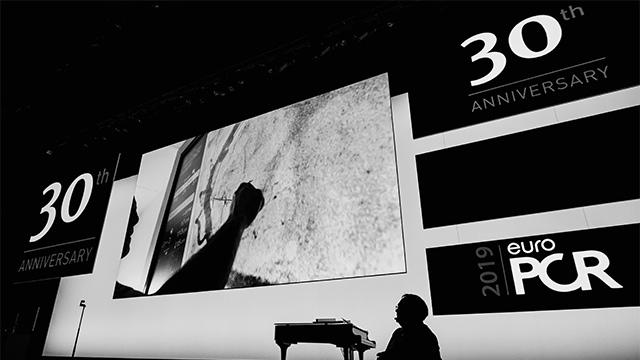PCR – Innovation in Education since 1989
A timeline to take you through the growth of PCR, as it grew from the very first Course to become the multi-platform, independent educational entity it is today.
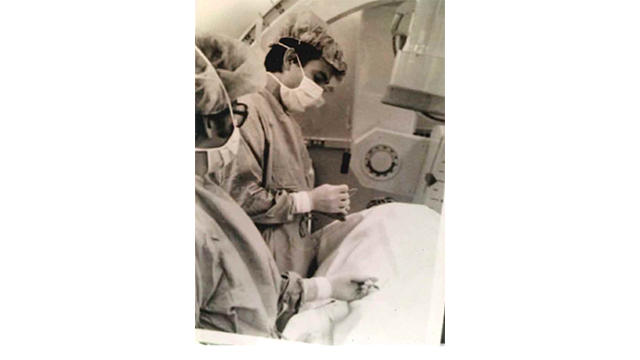
1977-1982
PCR and interventional cardiology: a common genesis
PCR is intimately linked to the history of angioplasty. Interventional cardiology was born when Andreas Grüntzig performed the first Percutaneous Transluminal Coronary Angioplasty on a human in 1977. Two years later, Jean Marco performed his first coronary angioplasty in Toulouse and saw promising possibilities to improve patient care. Following Grüntzig’s example, Marco launched LIVE demonstration Courses in 1982, making way for what would become PCR.
1989
A first Course lays the foundations for PCR
The Complex Coronary Angioplasty and New Techniques in Interventional Course, is hosted by Jean Marco along with Jean Fajadet and their cathlab team in Toulouse. Practitioners from all over the world come together to share knowledge of the still new discipline of interventional cardiology.
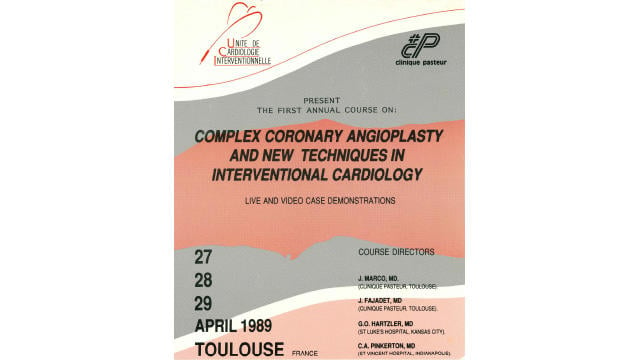
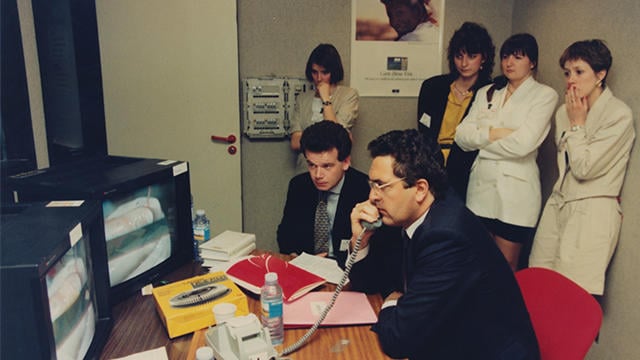
1990-1996
The reputation of the Course (later to become "PCR") grows
Over seven editions of the Complex Coronary and Angioplasty Course, its reputation as a place to learn and share knowledge about ground-breaking technique grows. LIVE demonstrations become a regular feature.
1997
'Paris in the Springtime'... The Course moves to the capital
Popularity is such that the Course needs the conference capacities of Paris and moves to Quai Branly, with a view over the Eiffel Tower for its 4,500 participants. With the new address comes a new name: Endovascular Therapy Course.
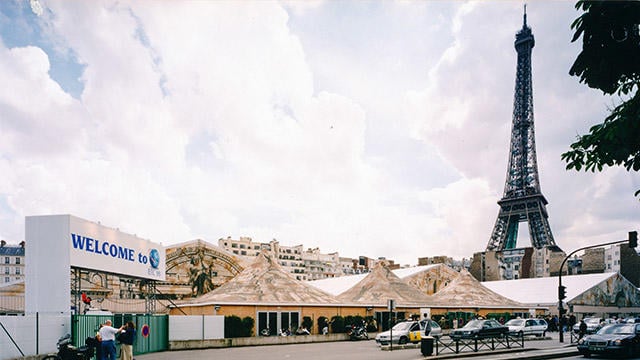
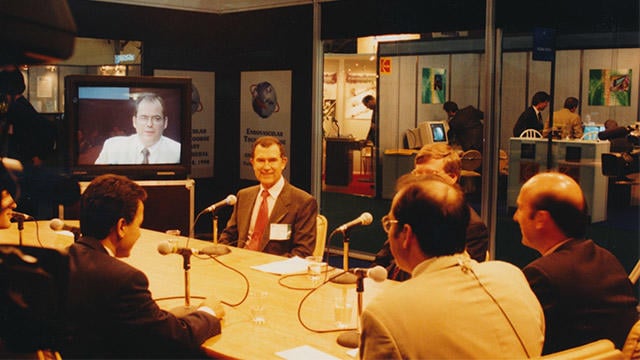
1998
Course speakers become stars of the small screen
"TV News" is launched at that year's conference, broadcasting twice daily on 350 television screens throughout the exhibition spaces.
2000
The Paris Course on Revascularisation - a new name and new features
The Course changes its title to reflect the developments in the field, taking the name that will later be shortened to just the initials, PCR. That same year, it attracts 6,700 participants. For the first time, there is a tailor-made interactive programme for nurses and allied professionals.
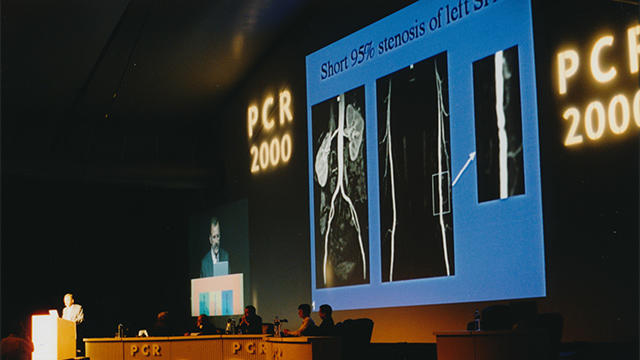
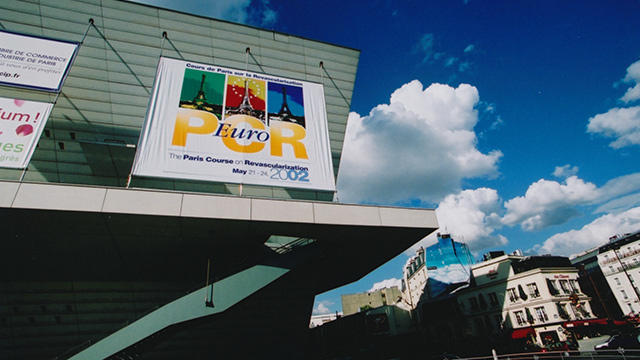
2001
The experts join forces as PCR merges with EuroCVS
The Paris Course on Revascularisation - PCR - merges with The European Cardiovascular Summit - EuroCVS - headed by Patrick Serruys, to become EuroPCR. That year sees almost 7,000 participants attend the conference at the Palais des Congrès in Paris.
2002
EuroPCR online
EuroPCRonline.com is launched to expand on the yearly course in Paris. Participants can access the Scientific Programme sessions, and there is more! The website includes an exchange platform for the EuroPCR community to stay in touch all year round.
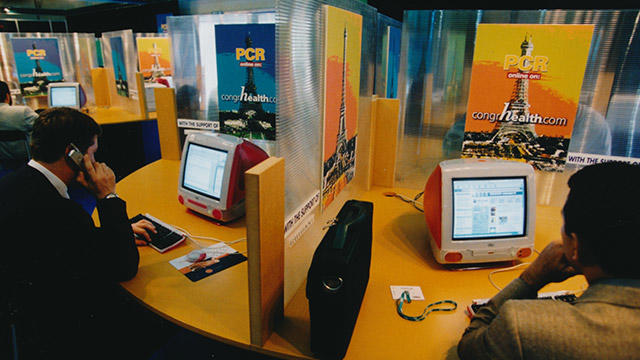
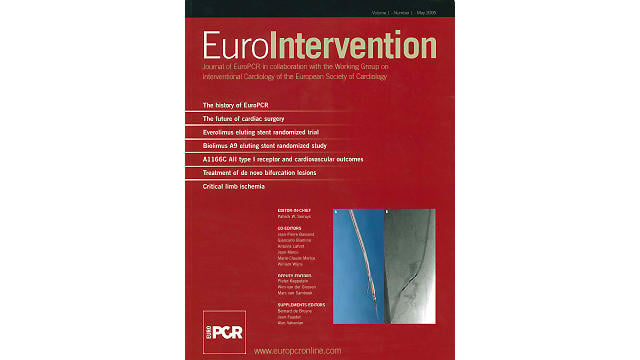
2005
The launch of EuroIntervention
The first ever European journal dedicated to interventional cardiology, EuroPCR's official publication is launched at the congress that year as a quarterly. Its success is such that today 24 issues come out every year, of which 4 in print.
2007-2009
The Barcelona Years
2007 sees EuroPCR become the official annual congress of the European Association of Percutaneous Cardiovascular Interventions, EAPCI. For three years, the congress is held in beautiful Barcelona.
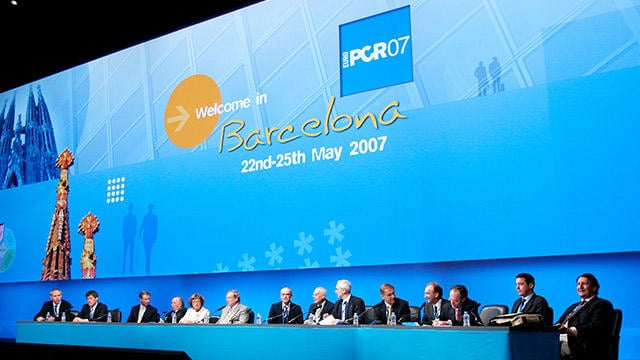
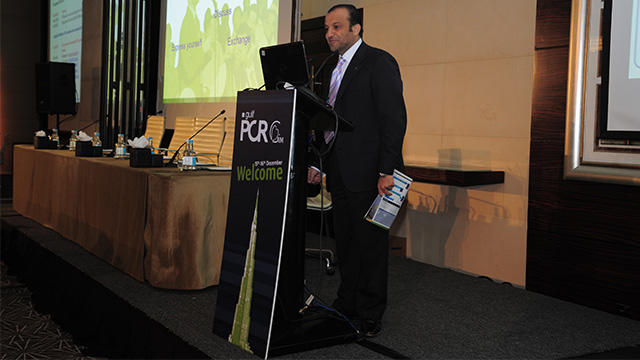
2010-2016
PCR Courses go global
As the need for postgraduate education in interventional cardiology grows, so does PCR's offer worldwide. These seven years see the launch of AICT-AsiaPCR, PCR London Valves, GulfPCR-GIM, AfricaPCR, PCR-CIT China Chengdu Valves and PCR Tokyo Valves.
2012
The launch of the PCR Textbook
Today, the textbook comprises 120 chapters, constantly updated by its editors, authors and thanks to community input. Originally published in collaboration with the EAPCI, the founding editors were Patrick Serruys, Rodney de Palma, Marc Van Sambeek, Eric Eeckhout, Alec Vahanian and William Wijns.
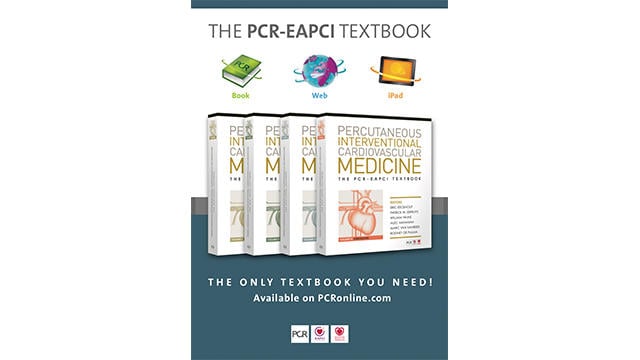
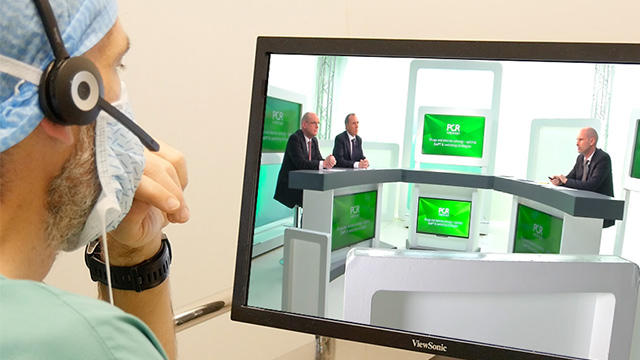
2018
PCR Webinars go live and on replay
Free online webinars are created as a complement to PCR Courses that allow access to education from the home or office, either live and on replay, all year long. Also in 2018, certain PCR Course sessions begin to be broadcast online via PCR Virtual Event.
2019
30-year anniversary of EuroPCR
The special edition of the flagship PCR Course in Paris sees happy celebrations and looks back on how it has grown from a few dozen to thousands of active participants! Held in parallel, PCR Innovators Day and the PCR Fellows Course continue to meet with success. The same year, EuroIntervention launches its brand new website.
